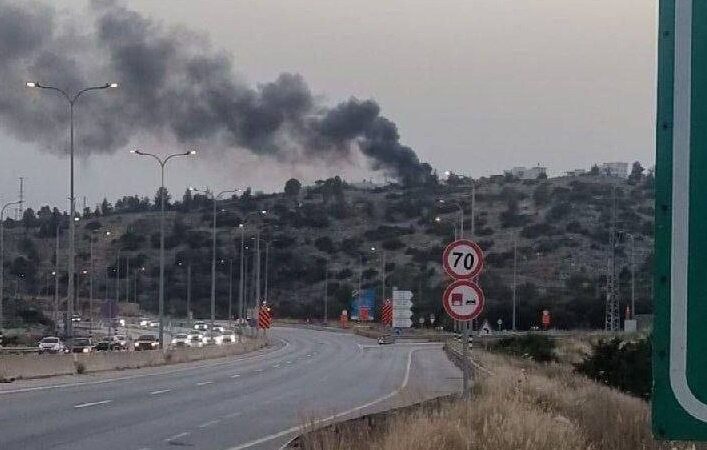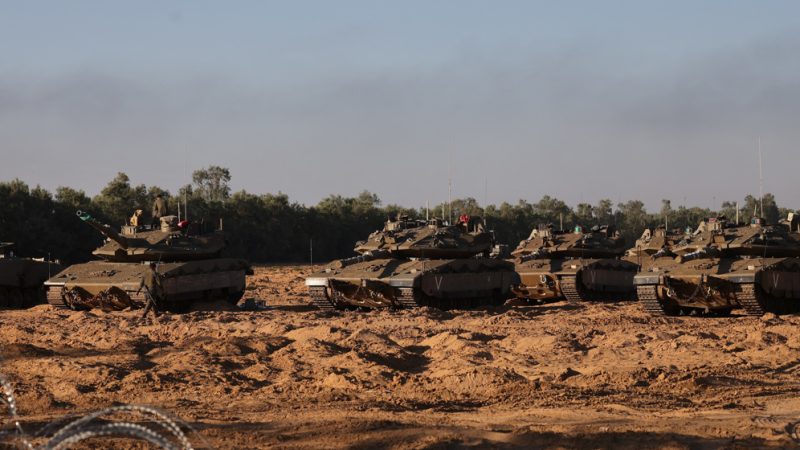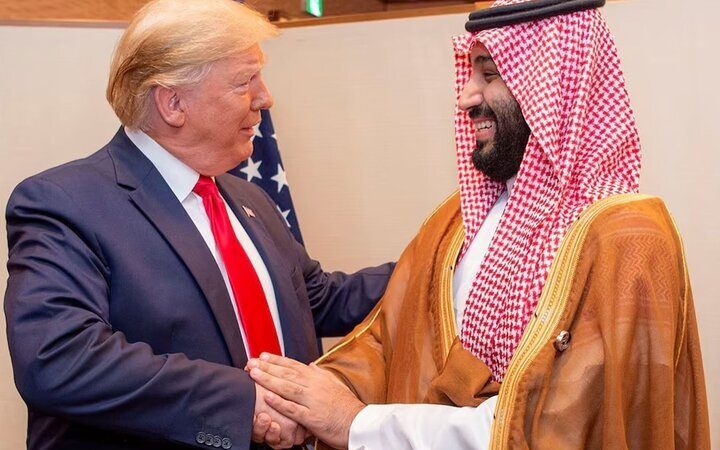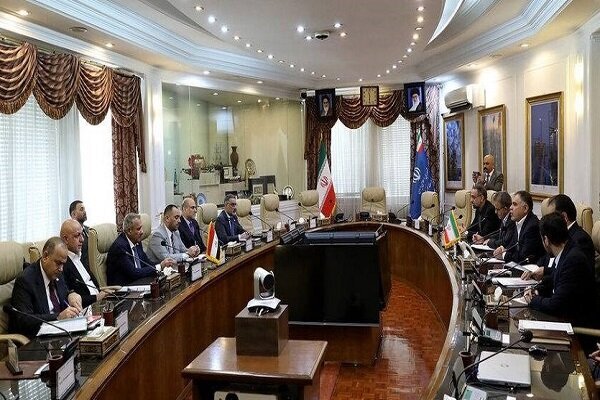Explainer: What is the PKK militant group that ended 40-year insurgency against Turkey?
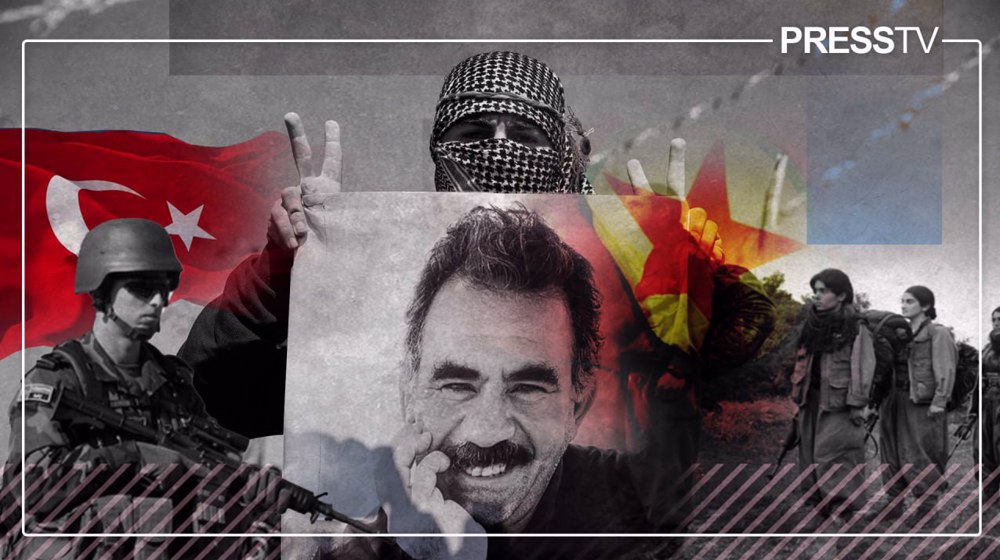
By Ivan Kesic
In a significant development, the Kurdish militant group Kurdistan Workers’ Party (PKK) announced on Monday that it is disbanding and formally renouncing its decades-long insurgency against Turkey, bringing an end to over 40 years of violent conflict.
The move, announced by a media outlet close to the group, will bring an end to one of the longest-running insurgencies in the region, just days after the party held a major congress in northern Iraq.
“The PKK 12th Congress decided to dissolve the PKK’s organisational structure … and end the armed struggle,” the news agency reported.
The decision to disband and disarm follows a call made three months ago by PKK leader Abdullah Öcalan, who has been imprisoned in Istanbul since 1999, urging the militant group to convene a congress and formally decide to end the conflict.
After five decades of insurgency, which claimed tens of thousands of lives, and the spillover of the conflict into neighboring countries, the militant group has officially disbanded.
Turkish Foreign Minister Hakan Fidan said the PKK’s decision to disband and disarm was of “historic importance” and could lead to “lasting peace and stability” in the region.
“There are practical steps that will be taken and we will follow those closely,” Fidan said at a press conference, flanked by his Syrian and Jordanian counterparts in Ankara on Monday.
The decision has been widely welcomed, with many countries issuing statements.
Esmail Baghaei, spokesperson for Iran’s foreign ministry, welcomed the statement announcing the abandonment of arms and the dissolution of the PKK.
“We consider the statement on the dissolution of the PKK an important step toward rejecting violence and strengthening security, and we hope the completion of this process will lead to greater stability and calm in Turkey and the region,” he said on Tuesday.
What was the PKK and what did it advocate?
The Kurdistan Workers’ Party, or Partiya Karkerên Kurdistanê (PKK) in Kurdish, is a militant Kurdish nationalist organization founded in 1978 by Öcalan.
Established in Lice, Turkey, by Kurdish students led by Öcalan, the PKK emerged amid growing discontent over the suppression of Kurdish identity in Turkey.
After the 1980 military coup, the Turkish government banned the Kurdish language, culture, and even the term “Kurd,” categorizing Kurds as “Mountain Turks.”
Rooted in revolutionary socialism, Marxism-Leninism, and Kurdish nationalism, the PKK group initially sought an independent Kurdish state across parts of Turkey, Iraq, and Syria.
With a lack of regional interest in these radical irredentist ideas, in the 1990s the PKK shifted its official goal from independence to greater autonomy and cultural-political rights for Kurds within Turkey, adopting Öcalan’s concept of “democratic confederalism.”
Turkey disputes this transformation, viewing the PKK as unchanged in its separatist ethno-nationalism and designating it as a terrorist organization.
What were their armed activities?
The PKK launched its armed campaign against Turkey in 1984, initiating the Kurdish-Turkish conflict, which has resulted in over 40,000 deaths, mostly Kurdish civilians.
The PKK has engaged in guerrilla warfare, targeting Turkish security forces, government officials, and alleged collaborators among the Kurdish people for years.
It has also engaged in many terrorist acts in Turkey, including bombings in urban centers, civilian massacres, and recruiting child soldiers, as well as extortion, arms smuggling, and drug trafficking.
Turkey has conducted numerous military operations against the group, including airstrikes and ground incursions in northern Iraq and Syria, which dealt heavy blows to the PKK.
In 1999, Öcalan was captured in Nairobi, Kenya, and sentenced to life imprisonment after Turkey abolished the death penalty. He continued to be the PKK’s ideological leader from prison.
Multiple ceasefires, like in 1993 and 2013–2015, failed, with the 2015 breakdown escalating violence.
On March 1, 2025, following Öcalan’s call to disarm, the PKK declared a unilateral ceasefire and disbanded on May 12, 2025, urging Ankara to release Öcalan and grant concessions.
What is the group’s international status?
The PKK is designated a terrorist organization by Turkey, the Islamic Republic of Iran, the United States, the European Union, Canada, Australia, and others, due to its terrorist activities.
The EU Court of Justice ruled in 2008 and again in 2018 that the PKK’s designation lacked due process, though the EU maintained it.
The PKK is linked to groups like the Syrian Democratic Forces (SDF) via the People’s Protection Units (YPG), complicating bilateral relations between Turkey and the US, as the US supports the SDF while listing the PKK as a terrorist group.
Since 2004, the PKK has also had a branch in Iran, known as the Kurdistan Free Life Party (PJAK), which has attacked Iranian border guards and civilians for 20 years, for which it has been designated a terrorist group.
The PKK and similar Marxist separatist organizations suffered a major blow in 1991 when the Soviet Union, their main sponsor and ideological inspiration, collapsed.
At the same time, the US began to see the same organizations as a useful tool for destabilizing Iraq, Iran, and Syria, and therefore cooperated with them during the American invasion of Iraq in 2003.
In 2006, US Congressman Dennis Kucinich sent an official letter to President George Bush, warning him that US intelligence agencies were aiding PJAK and similar organizations operating against Iran.
The case provoked violent reactions from West Asian countries, including Turkey, which ultimately resulted in the inclusion of PJAK on the US list of terrorist groups under the Obama administration.

